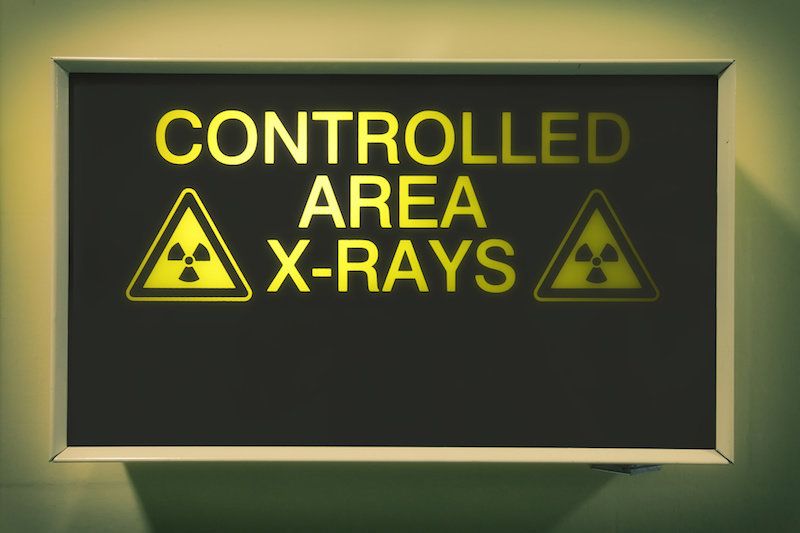Damage of healthy intestinal cells is the main disadvantage of radiotherapy leading to the discontinuation and failure of an efficient cancer treatment, potentially causing a quick tumour recurrence. Now, a discovery published in Science by scientists from the Growth Factors, Nutrients and Cancer Group at the Spanish National Cancer Research Centre (CNIO) might be useful to protect healthy intestinal cells from radiation damage. The consequences of their findings in mice might radically change the way humans manage exposure to high levels of radiation; both for cancer research and treatment as well as for other areas like space explorations, nuclear warfare or nuclear accidents.
The Group’s work focuses on URI, a protein whose functions remain not yet fully understood. However, previous studies from the Group have found that abnormal levels of expression of this protein in certain organs can cause cancer. The study now published in Science shows that high levels of URI protein protect mice from radiation-induced intestinal damage, whereas low or no detectable levels of the protein can lead to gastrointestinal syndrome and death.
“The precise functions of URI have not been identified yet,” says Nabil Djouder, Head of the Growth Factors, Nutrients and Cancer Group at CNIO and leader of the study. “Just like pH or temperature, which the organism needs to maintain within a certain range, URI levels must also be kept within a very narrow window to regulate the proper functioning of other proteins. When URI levels are higher or lower than optimal, they may promote or protect against tumour development as well as other diseases, depending on the context.”
